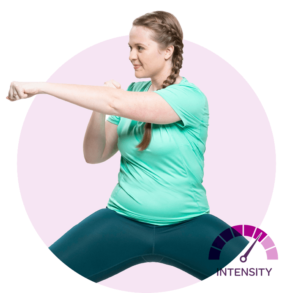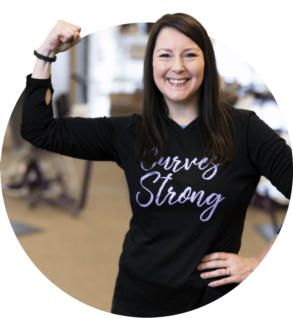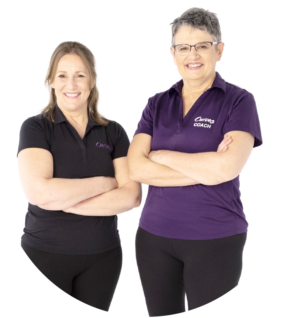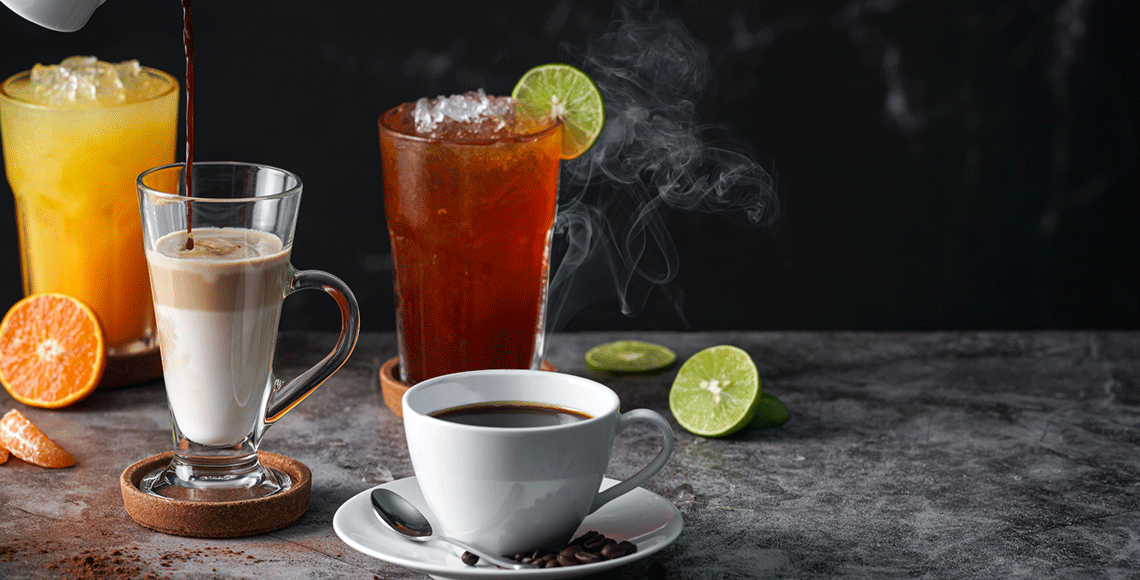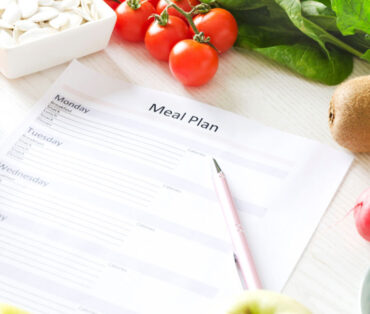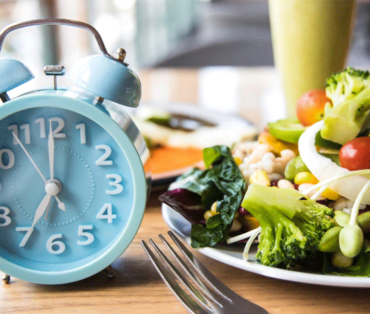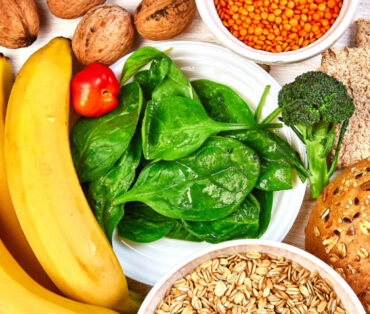Are you Drinking Your Kilojoules? Hidden Kilojoules in Everyday Drinks
There’s hidden sugar all around us. One of the easiest places to get sugar is in beverages. After all, unlike when you eat a donut or piece of cake, when you drink a high kilojoule drink like a coffee with extra cream and sugar, you don’t feel full. Plus, we tend to mentally count kilojoules in foods but not kilojoules in alcohol or kilojoules in coffee drinks. So, it should come as no surprise that sugary drinks like soft drink, tonic, sweet teas, and sports and energy drinks are the biggest source of added sugar and kilojoules in the U.S. 1
Hidden Kilojoules in Everyday Drinks
Many people don’t realise how much sugar they are getting as they casually sip on an iced tea or flavoured latte. Kilojoules in coffee drinks can be much higher than kilojoules in soft drinks.2 Studies show that half of the U.S. population drinks sugary beverages daily. In fact, 25 percent get at least 840 kilojoules from these drinks, and 5 percent gets at least 2370 kilojoules per day. In Australia, just over half of sugar consumption came in the form of beverages such as soft drinks and energy drinks. Dietary recommendations say we should get a maximum of 10 percent of kilojoules from sugar, so we are far exceeding these recommendations by consuming high kilojoule drinks.
These beverages contain lots of kilojoules but zero nutritional value. Empty kilojoules equal weight gain. To put things in perspective, if you added just one soft drink or other high kilojoule drink to your diet each day for an extra 630 kilojoules, you would gain about 2.5kg in one year. Besides causing you to gain weight, consuming sugar in drinks raises your risk of type 2 diabetes, heart disease, and other chronic conditions, which increases risk of premature death. 4
Everyday beverages with hidden kilojoules
Here are some of the most popular high kilojoule drinks:
- Sweet, carbonated drinks (soft drink) and mineral water
- Fruit juice
- Coffee with added sugar and syrups
- Specialty coffee drinks
- Chocolate and other flavoured milks
- Sports drinks
- Commercially produced smoothies
- Alcoholic drinks, especially pre-mixed drinks
Some of the beverages listed above contain lower amounts of sugar than others. For example, the kilojoules in alcohols that aren’t sweetened with added sugar, such as red wine, unflavoured vodkas, and light beer, are lower than kilojoules in sweetened alcoholic drinks. Fruit and vegetable juices without added sugar—100 percent fruit or vegetable juice—are ok to drink now and then, too.
Healthy alternatives to soft drinks and other high kilojoule drinks
The best thing to drink is plain old H2O. Water is hydrating, good for your health, and kilojoule-free. Not everyone enjoys drinking water, however. Here are some alternative beverages:
- Sparkling water, plain or flavoured
- Plain tea or coffee, hot or iced
- Water flavoured with lemon, lime, orange, or fresh herbs
- Kombucha or fermented tea (check the sugar content)
- Freshly squeezed orange juice
- Juiced carrots, kale, beets, and other veggies
- Coconut water 5
If you’re following a weight loss eating plan and hitting the Curves Circuit regularly, the last thing you want to do is sabotage your efforts by overdoing sugar in drinks. Cutting kilojoules in coffee beverages, sweet teas, and other high-kilojoule drinks is one of the easiest changes you can make to jump start your weight loss plan.
Curves Nourish
Check out Curves Nourish blog for more health and wellbeing insights like these that can help you lead a happier and healthier life.
Learn more about Curves women’s exercise programs that are available in-club or at home so you can workout wherever and whenever it suits you.
Sources:
- Sugary Drinks | The Nutrition Source | Harvard T.H. Chan School of Public Health
- The Unhealthiest Coffee Drinks in America — Eat This Not That
- Rethink Sugary Drinks
- Sugary Drinks | The Nutrition Source | Harvard T.H. Chan School of Public Health
- Sugary Drinks | The Nutrition Source | Harvard T.H. Chan School of Public Health
- Healthy Alternatives to Sugary Beverages (sdstate.edu)


